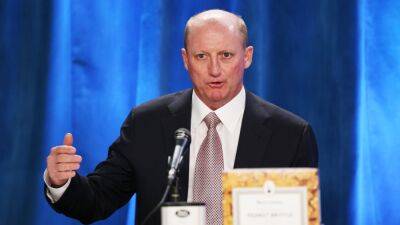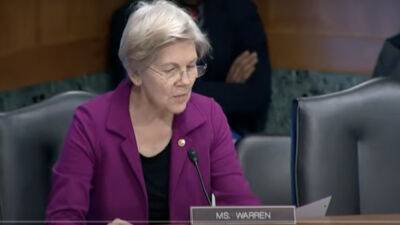The Guardian view on child poverty: progress is being reversed
M inisters rarely talk about the growing number of children living in poverty in Britain. That is because it is a symptom of political failure. Progress made on tackling child poverty during the first decade of this century is being reversed. In 2021, an additional 350,000 children were living in relative poverty, defined as households that have 50% less than the average income. By 2027, child poverty is expected to be the highest since 1998. This should sound alarm bells in government.
Recent research from the Child Poverty Action Group confirms the scale of destruction caused by Conservative policies. George Osborne led the charge with his two-child limit on benefits, which came into effect in 2017. This introduced a cap which meant that anyone with a larger family would go without child tax credit or universal credit for a third child or subsequent children. It was less a coherent reform than an assault on the perceived generosity of a system exploited by “scroungers”. “Quite simply, we have been encouraging working-age people to have children and not work,” David Cameron said in 2012.
On all counts, it has failed. The cap had minimal effect on the number of children born (a good thing, given Britain’s dwindling fertility rate and the murky ethics of punishing the poor for having children). It has pushed larger families, more than half of whom are in work, into deeper poverty, affecting 1.5 million children.Mr Osborne’s policy was premised on the notion that people who use benefits are a static group who respond to narrow financial incentives. Yet having a child is not a cost-benefit calculation, and the number of people who claim benefits is not fixed. Parents who were previously secure may need to apply for benefits
Read more on theguardian.com













